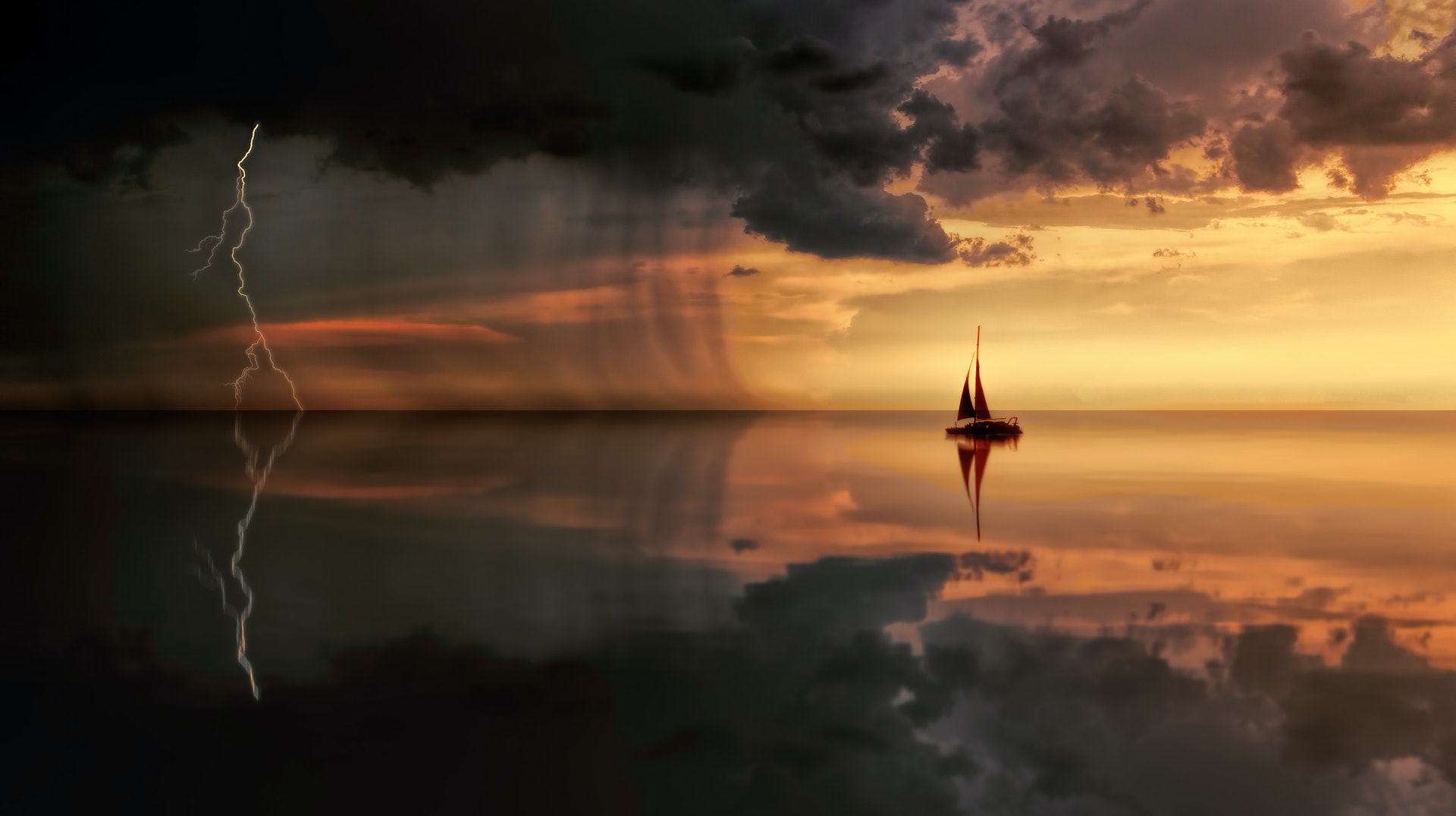Sailing is a relaxing activity that can also be an exercise. It has health benefits that include muscle strength and endurance. After all, you need to do a lot of work with the sails of your boat or yacht. If you are interested in boating education, then get your WA boating license online at ilearntoboat.com.
But that is no good if you realize that you forgot some essential things for sailing. Or hit other roadblocks that prevent you from having as much fun as you can. So here are the fundamentals for preparation for sailing to enjoy the activity to the fullest.
Be Familiar with Your Destination
It’s easy to think of a destination you want to go to and direct your vessel in that direction, but doing that can be dangerous. That is why before you set sail, you need to do ample research days, weeks, or even months ahead of your trip.
Check the weather forecast to see if it will be favorable. That includes taking note of the wind predictions because that can affect how far and how fast you can go. And take a look at the temperature projections so you can prepare the right clothes or protection from the elements.
Another thing to prepare for is outcrops that you have to avoid during certain seasons. You can check satellite maps to be aware or better yet, get in touch with local sailors and other sailing enthusiasts who are familiar with the area. Similarly, you can ask them whether the water will be smooth or choppy during that time so you can choose the best sailing routes.
Have Sufficient Lighting
If you intend to stay at sea even after the sun is down, you need enough lighting onboard. Take for example functional but festive rope lights. You can affix these on the deck in areas where you need proper illumination. You can even set them up so that they give a festive or dreamy aura at night. Of course, you also need heavy-duty marine lights. Those can come in handy in case of emergencies.
Do not forget indoor lighting. Prepare emergency lamps for the below deck, especially in the engine room. That also means you should have plenty of battery packs onboard for these lamps. It will also be a good idea to have some solar lights or lamps so you have multiple options.
Prepare for GPS failure
Nobody wants that to happen, but just in case, you need to know what to do when your GPS fails. If the system is short-circuited, you need to have a multimeter to track down the specific wire to fix. Of course, you also need to be familiar with the system and the boat or yacht to ensure you can fix it properly. If not, it would be best to have someone on board who knows their way around boats or yachts.
Moreover, you can do it the old-fashioned way. Not a lot of people do it nowadays because there are now GPS devices that are convenient and reliable until they aren’t. So take some lessons or learn online about how to navigate with maps, compasses, pencils and pens, and the landscape (or seascape, for this matter).

Photo by Johannes Plenio from Pexels
Stock Up on Supplies
Even if the forecast said that the weather will be good, it pays to have heavy weather and storm sails stowed away in case the weather does an about-face. When you have them on hand, you can change sails to help you navigate in rough weather conditions. They will also be more efficient for steering. This also means that you can minimize damage to your mainsails.
Other supplies you may want to have onboard are plenty of food and water. Stock enough for your journey, but you can never have enough hydration. If not, you can at least have some water distillation equipment. You will also not want for food if you have fishing gear, so if you like to fish as well, you can dangle your line for some lunch or dinner.



